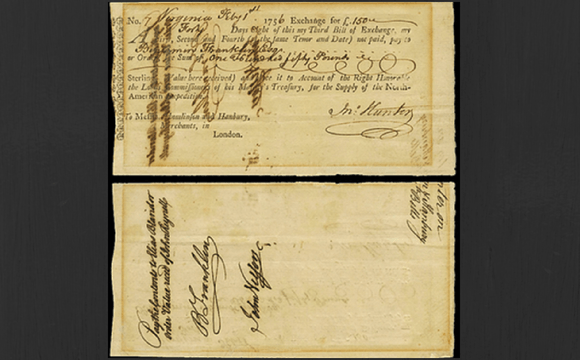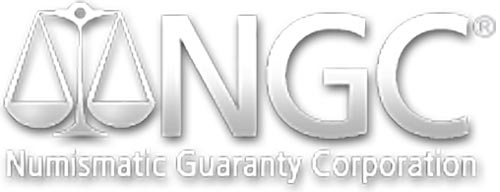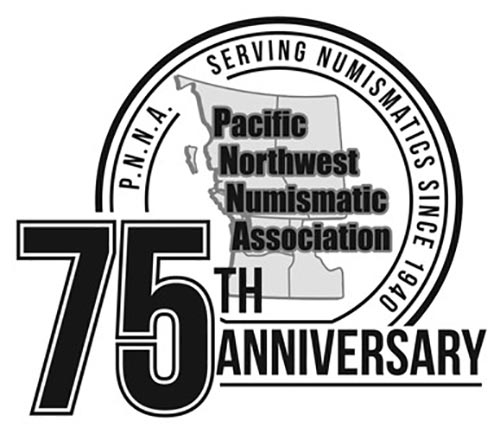
It’s two years into the French and Indian War. British troops are being defeated at nearly every turn and resources are running low. Benjamin Franklin is desperate to ensure Pennsylvania, his home state, stays safe from French attacks. So he does what needs to be done during wartime. He raises money. The transfer of funds was recorded in the form of a bill of exchange dated February 1, 1756. The events leading up to that day were soul crushing for British troops.
“It [the bill of exchange] represents the financial support of the militia by the British government” when Franklin “marched with his troops toward Gnadenhutten, Ohio, a settlement that had been overrun by the French together with Shawnee and Delaware Indians” the Spink (the auction house that the bill was sold) catalog reads.
Two years earlier, French troops had overtaken Ohio. Franklin and others were concerned that the French would use Ohio as a staging ground to take Pennsylvania, and eventually the Eastern seaboard. A young lieutenant, George Washington, had been unable to turn back French troops. Neither force nor political maneuvering was working.
Further complicating matters, the French had all but conquered the South. With French colonialists present in the South for well over one hundred years prior, the French felt they had a right to fight for the land. Upon his arrival in Virginia, George Washington wrote a report on the position of French troops. Washington reported that “The French had swept south,” and detailed a plan of action.
The following year, British troops lost all but one battle. Their only recourse was to attempt to infiltrate French ships arriving on the coast. British capturing French sailors eventually led to the official declaration of the French and Indian war in the spring of 1756. Which was only a couple of months after this pivotal bill of exchange was signed.
The bill of exchange served as a payment from Thomlinson & Hanbury to John Hunter. Thomlinson & Hanbury were merchants from London who had a substantial amount of contracts to supply British troops in North America. John Hunter was a merchant and colonel of the Elizabeth City County militia.
Benjamin Franklin and John Nelson endorsed the bill of exchange with their signatures on the back. John Nelson was a merchant from Philadelphia. Both John Nelson and John Hunter were money agents for British troops in western Pennsylvania. They were employed by Thomlinson & Hanbury, which further explains their role in this transaction.
On June 7, 2014, this bill of exchange was sold at the Bonds and Shares Certificates of the World sale in Switzerland. It was auctioned off at the equivalent of $16,741.
Liberty Coin & Currency specializes in rare coins and currency. We are a family-owned business located in Portland and Vancouver. We also buy gold, silver, diamonds, and jewelry. Visit us first for a free evaluation.
Do you like this post? Share it, +1 it on Google Plus, or like it on Facebook.







